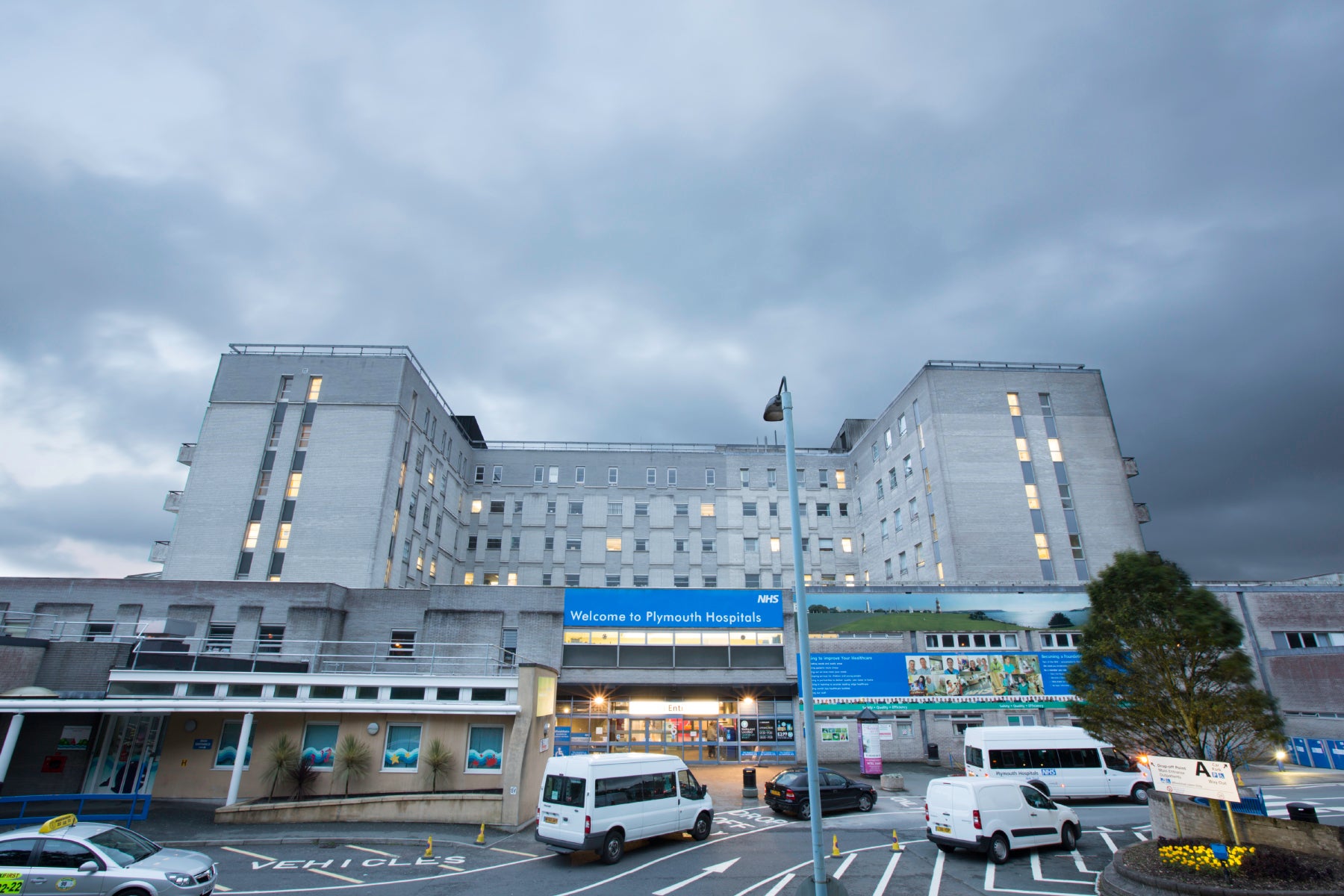Patients face 15-hour wait in hospital A&E as summer crisis grips NHS
Exclusive: Unless urgent action is taken, NHS faces crisis worse than previous winters, experts warn

Patients are facing 15-hour waits to be seen in one accident and emergency departs as hospitals across the country see record levels of patients.
As NHS England data confirmed June was the busiest month on record for A&E departments in the NHS, Plymouth’s Derriford Hospital has confirmed some if its patients had to wait for 15 hours at several points earlier this week.
Elsewhere in the country, hospitals have reported patients facing long waits including up to eight hours at Leeds Teaching Hospitals Trust on Wednesday, where operations for some cancer patients were cancelled due to an increase in coronavirus patients.
The Royal College of Emergency Medicine on Thursday warned unless action was taken the NHS could be in a crisis worse than any previous winter.
At Plymouth’s Derriford Hospital one member of staff told The Independent the department was “extremely busy, every day” adding: “We are all exhausted and it’s happening everywhere.”
A spokesperson for University Hospitals Plymouth Trust said the hospital had seen a record level of attendances between 1 June and 6 July, with a total of 10,976 patients.
At the end of June the trust declared a black alert after hundreds of patients arrived at A&E and its medical wards were over 100 per cent bed capacity.
In March it was issued with a warning by the Care Quality Commission after inspectors identified “immediate safety” concerns for patients.
The watchdog had concerns about corridor care for patients in A&E and overcrowding causing long delays for ambulances waiting to hand over patients.
A spokesperson for the trust said: “We can confirm we are experiencing extremely high attendances to our emergency department, a pattern replicated among other hospitals across the country.
“We can confirm that the wait in the department has at times reached 15 hours, but we continue to ensure patients are prioritised in order of clinical need and are seen in the shortest timeframe possible.
“Patient safety remains our main focus and we would like to thank the staff for their tireless efforts in responding to the ongoing pressures and their commitment to working for our patients to provide the best possible care.”
The trust has a live web page for recording waits in A&E which on Thursday afternoon showed the longest wait was 200 minutes.
NHS bosses have warned it is experiencing winter levels of demand in the summer, with a warning that patient safety could be compromised if coronavirus cases reach the 100,000 a day predicted by health secretary Sajid Javid earlier this week.
Hospitals are trying to recover their backlogs for operations but also face severe staff shortages and new infection rules meaning less capacity than before the pandemic. While hospital admissions with Covid are lower than in previous waves of the virus, only a small increase is enough to mean operations may be cancelled or patients face long waits to be seen.
The Royal College of Emergency Medicine has warned the NHS could be short of 16,000 beds it needs to cope with the number of emergency admissions being seen across the country.
It has said the overcrowding in A&E of patients waiting to be seen will lead to an increase in deaths and represents a “sustained threat” to patient safety.
Dr Katherine Henderson, president of the college said: “We have a serious problem in urgent and emergency care. We are deeply concerned. We are facing record-breaking figures in the high summer. We can only begin to imagine what this winter may bring.
“Busy departments are a threat to patient safety, it increases the chance of crowding and corridor care, this risk is significantly increased if covid and non-covid patients are sharing the space for long periods of time.
“The data show what is happening on the ground, and it is likely that things will worsen in the coming months, especially as we enter the winter. The government must realize there is a looming crisis and take swift and urgent action – this is critical ahead of winter.
“If no action is taken, we may soon be in the middle of a crisis worse than any previous winter.”
Join our commenting forum
Join thought-provoking conversations, follow other Independent readers and see their replies
Comments


Bookmark popover
Removed from bookmarks